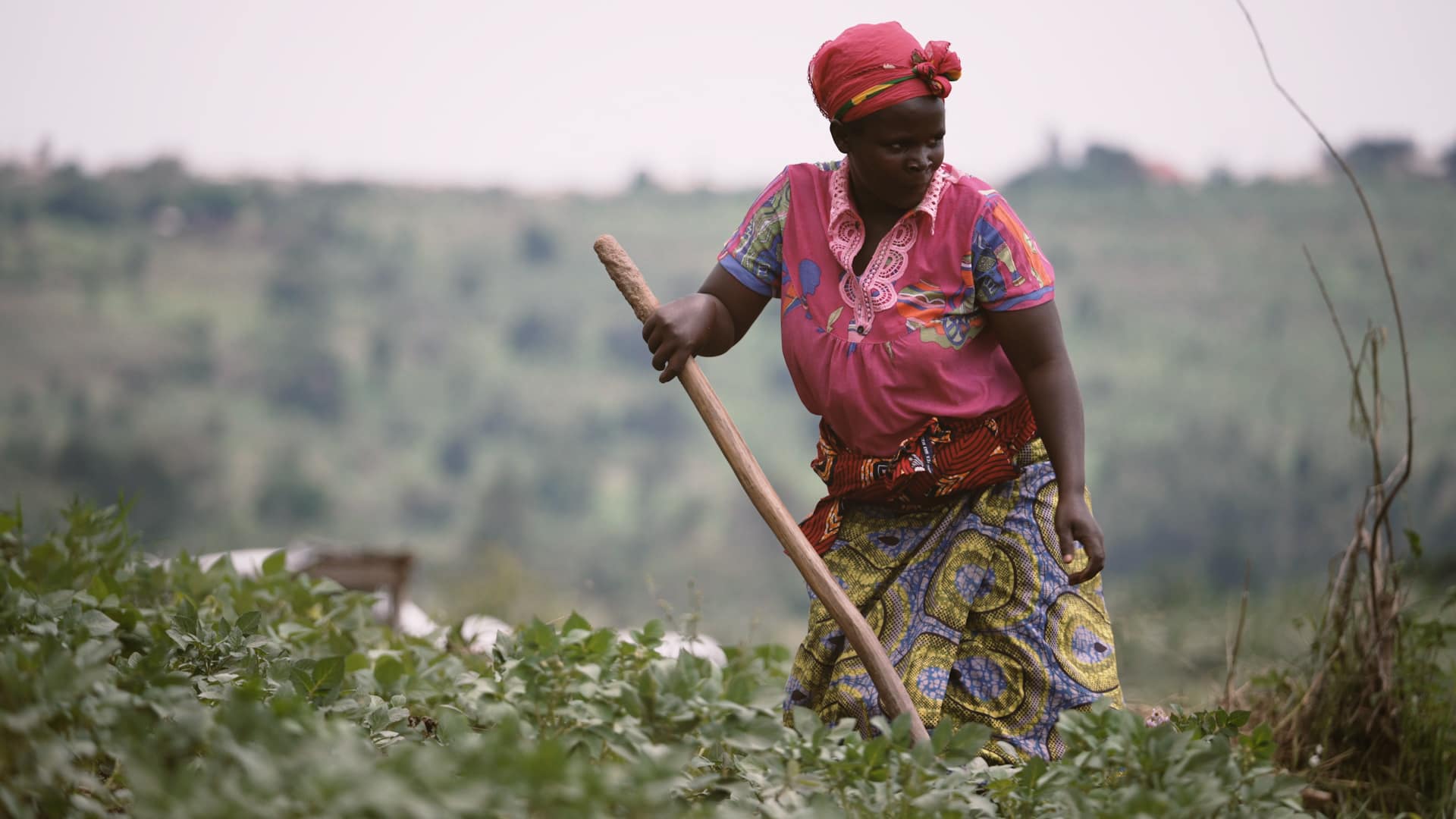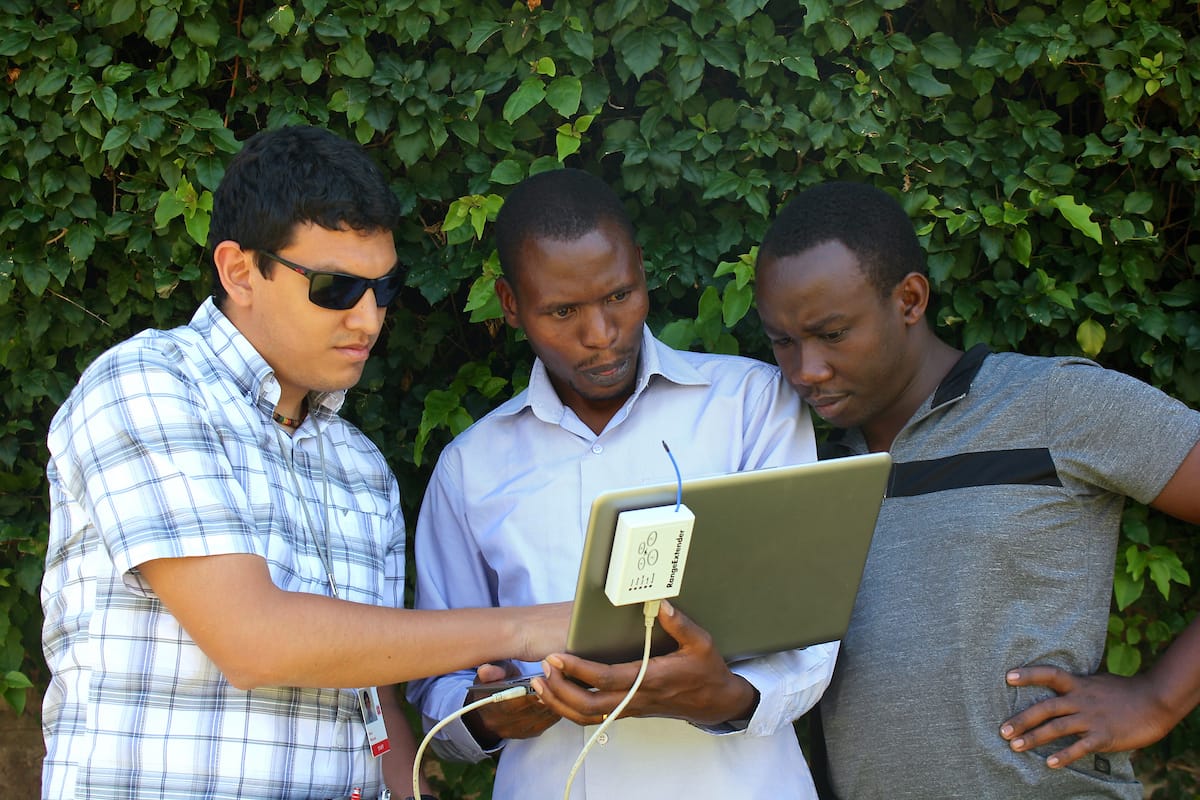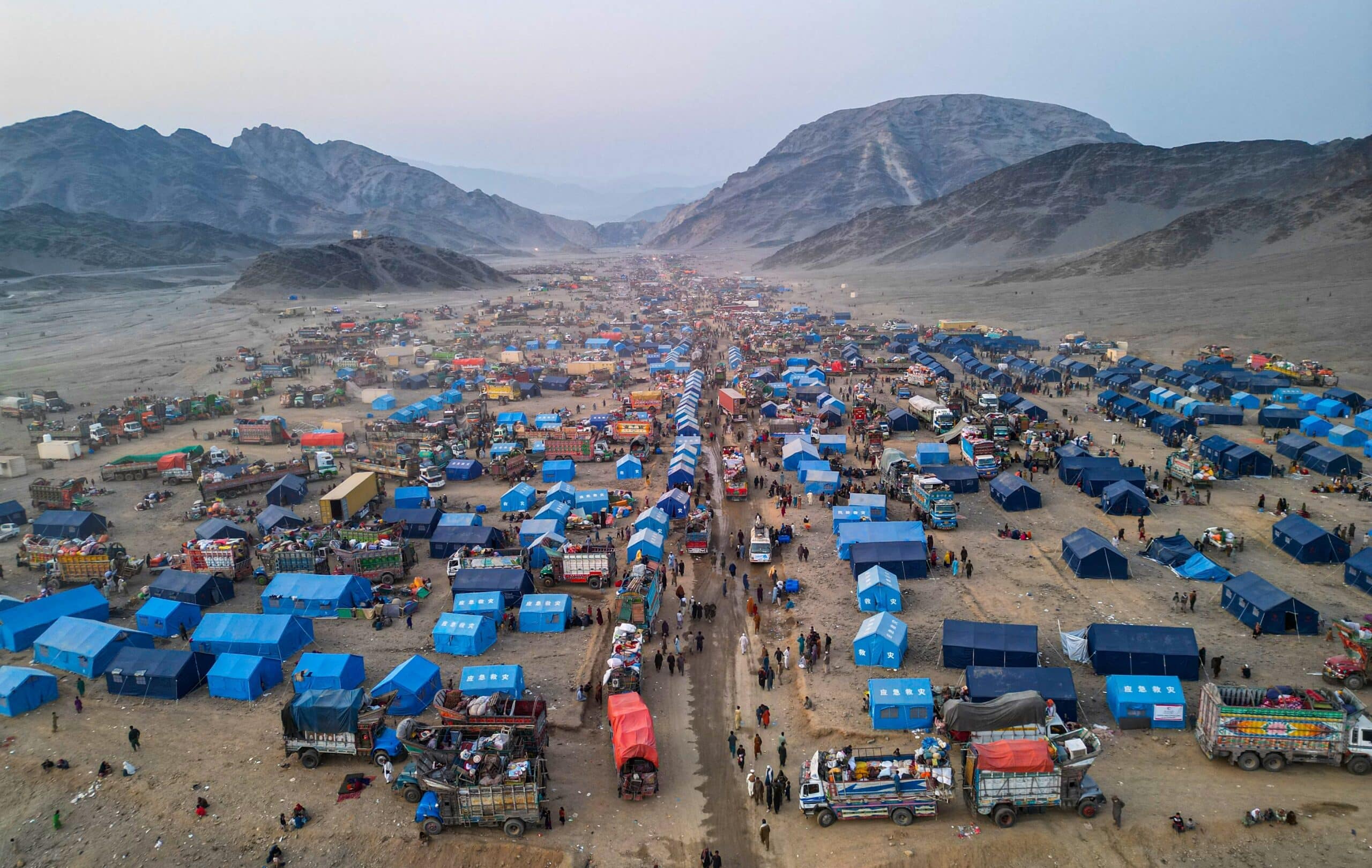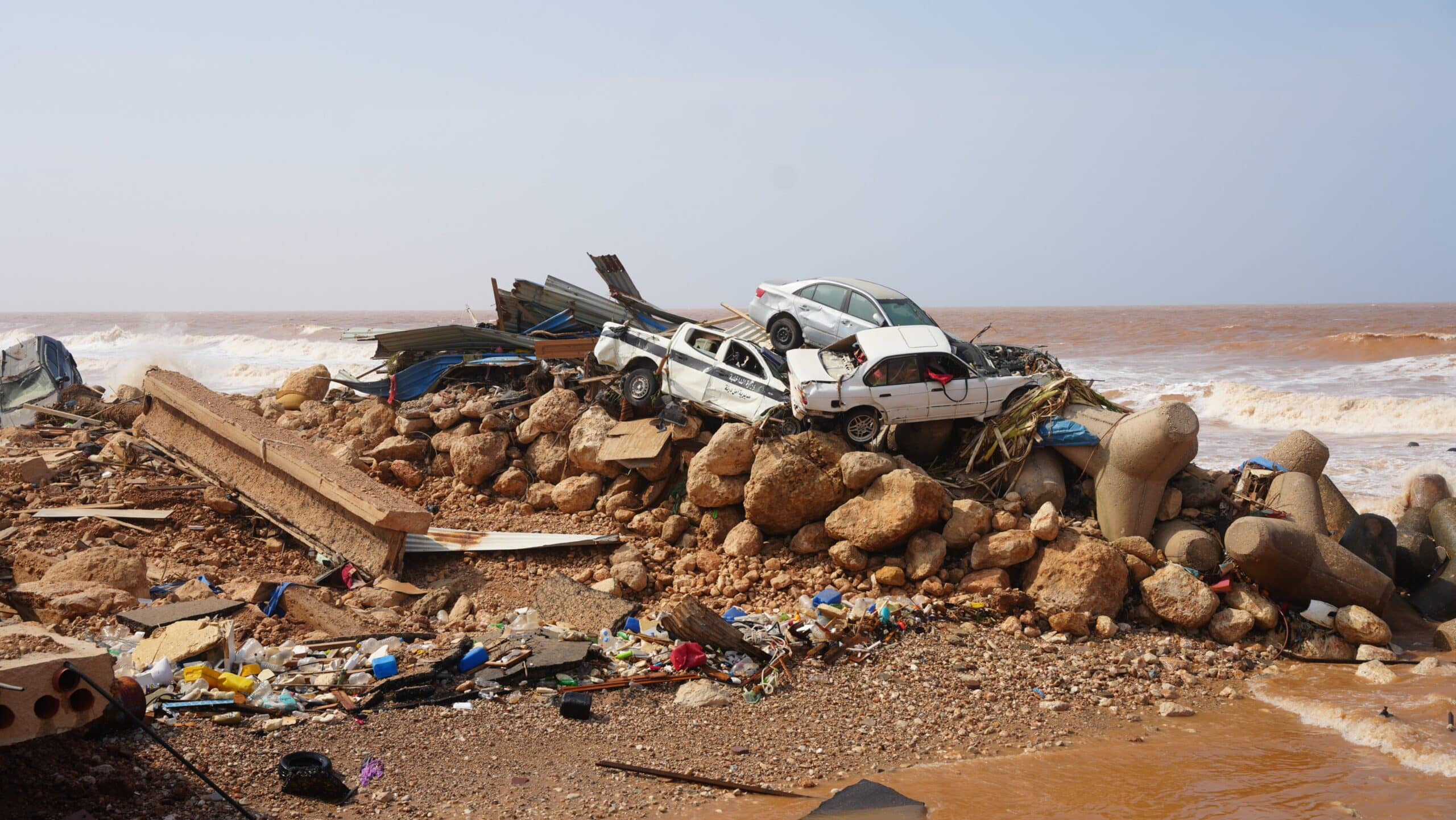Fragility, conflict, livelihoods and water
Individuals and communities who are disconnected from water infrastructure and impacted by fragility, conflict, displacement, migration, or frequent disasters are amongst the most vulnerable to climate-induced changes in the water systems. They are often trapped in cycles of poverty due to a lack of access to finance for adaptation as well as exposure to natural hazards. In these fragile settings, water also has the potential to serve as a source of conflict or cooperation.
The International Water Management Institute’s (IWMI) research and programs enhance knowledge of how water relates to social, economic and environmental drivers of fragility, conflict, displacement, livelihoods and migration. By using evidence-based solutions, it aims to support the development of adaptive and resilient strategies in water-stressed environments affected by social and climatic challenges and in so doing support integrated humanitarian–development–peace interventions. It promotes sustainable livelihoods and addresses the complex interplay of fragility, conflict and migration pressures, in the context of dynamic water conditions.
IWMI also works to develop and promote conflict-sensitive water management approaches, considering “hard” and “soft” interventions that enhance resilience, empower local communities, and adapt to diverse water scenarios including conflict-affected settings and communities hosting refugees and internally displaced people. By placing emphasis on scalable solutions that improve access to water resources, IWMI aims to strengthen livelihoods and well-being and support long-term stability across various contexts.







